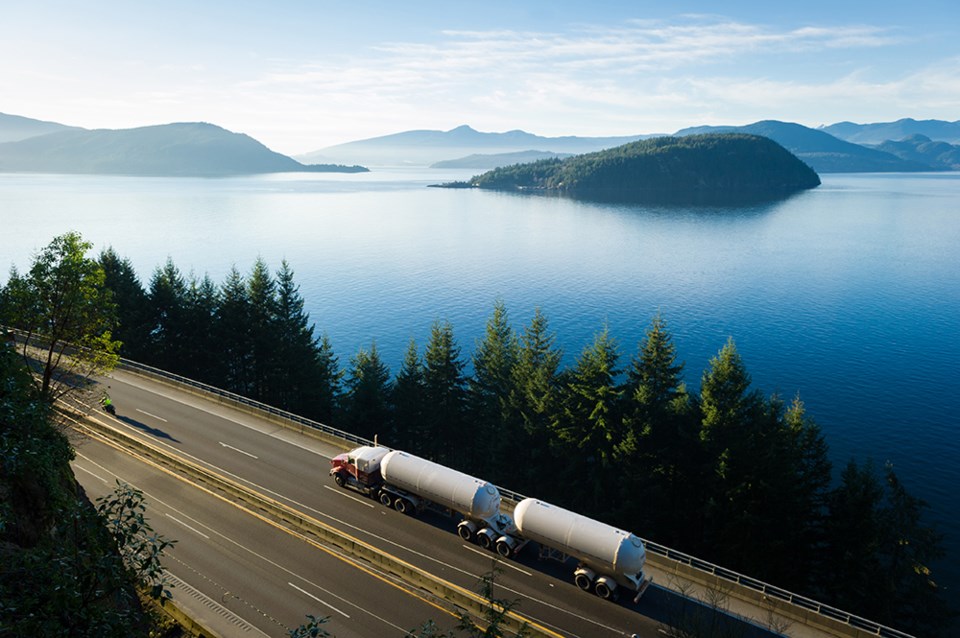Fortis BC is currently engaged in a brisk campaign—colourful print ads, television ads, internet ads—to convert electric homes to natural gas here in Whistler.
Unless you are currently using oil or propane, connecting to Fortis natural gas will increase your emissions; please do not be duped by the colourful ads and public outreach by Fortis.
For many people, converting your home away from natural gas is one of the biggest actions you could take to decrease your GHG emissions.
Newfoundland-owned Fortis BC understands it only has a short window of time left to increase connections before governments find a way to prevent the expansion of the related GHG emissions. Rapid electrification of energy consumption is key to meeting our climate targets; trying to persuade homeowners, in 2021, to increase their emissions—how much longer will society allow this to happen?
“But they’ll hook up my home for $15, and even extend the pipeline to my [barbecue]?”
After personal transportation, natural gas is the biggest emitter in Whistler. We cannot hit our emission targets without electrifying many current natural gas users. It’s 2021, as an individual, please make the choice to keep your emissions down.
Yes, natural gas is cleaner than coal and oil, and it is an important bridge fuel as we transition to a fully electric energy system. It’s great that the Resort Municipality of Whistler (RMOW) made the choice years ago to convert our bus fleet to natural gas, but that was done as a bridge solution, knowing that the fleet will be all electric. Likewise, we should all be planning how to phase out natural gas from our lives.
“Natural” gas is 60- to 80-per-cent methane—with more serious climate impacts than simply CO2.
In our presentation to RMOW council, SMARTWhistler recommended we start referring to fracked fossil gas, as opposed to the astroturf term “natural gas.” Or we could just call it methane gas—anything is more sincere than natural gas.
In December 2020, the federal government announced an aggressive carbon tax; once the details are legislated, it could turn out that your Fortis bill in 2030 will make that $15 connection fee look very expensive.
Together we can hit our 2030 climate targets.
Brendan and Amanda Ladner //Whistler




